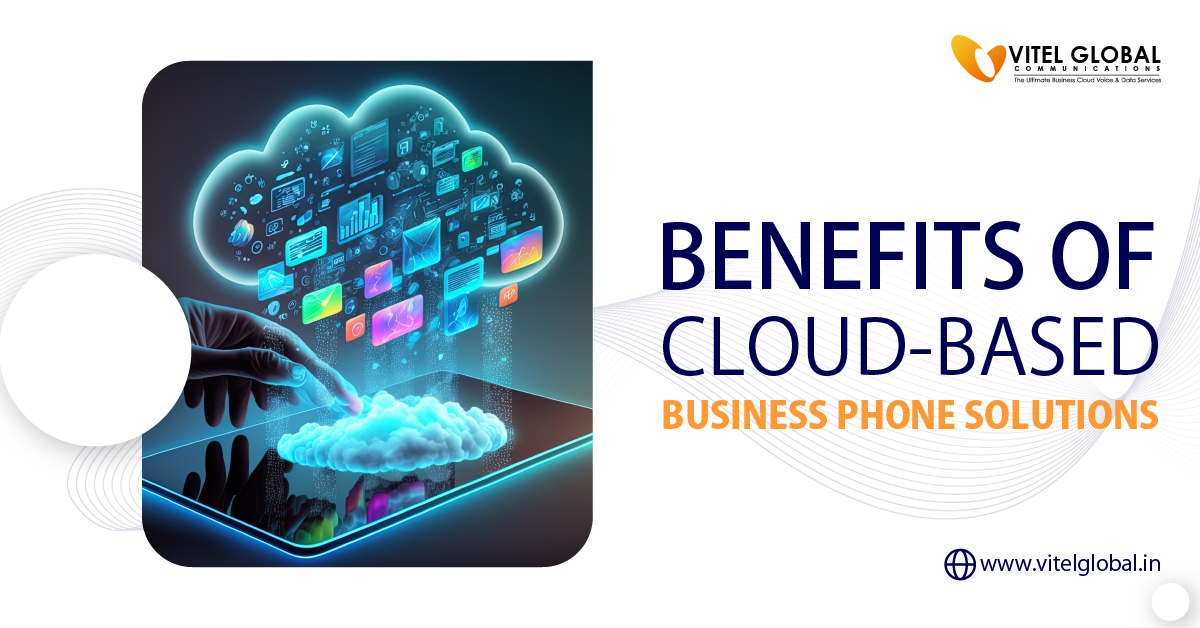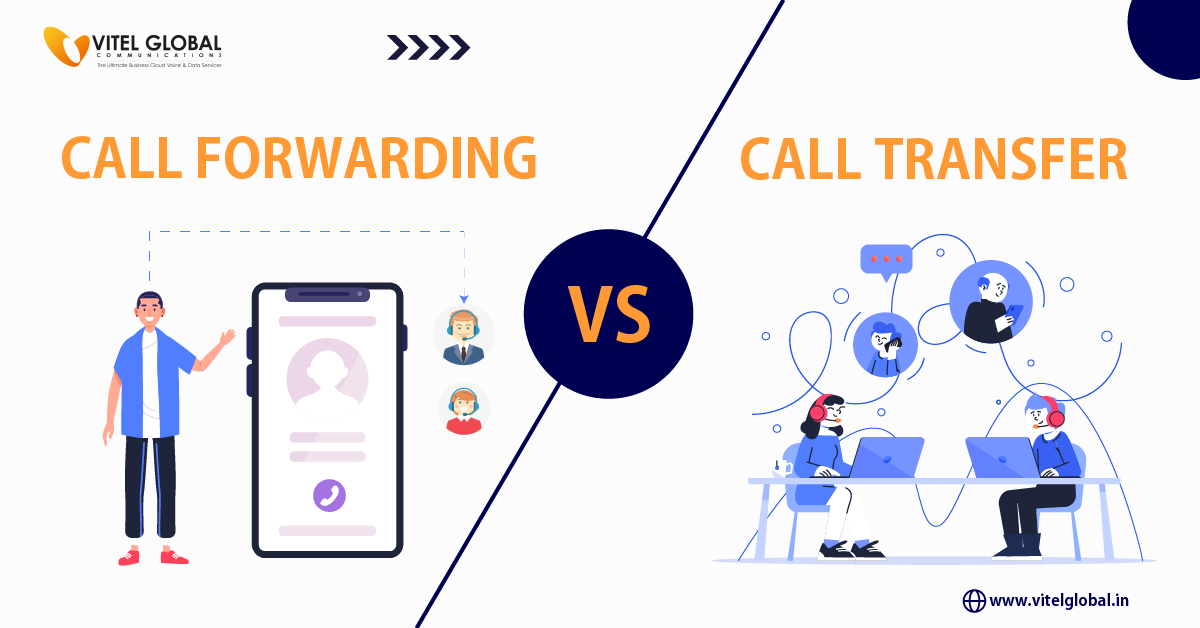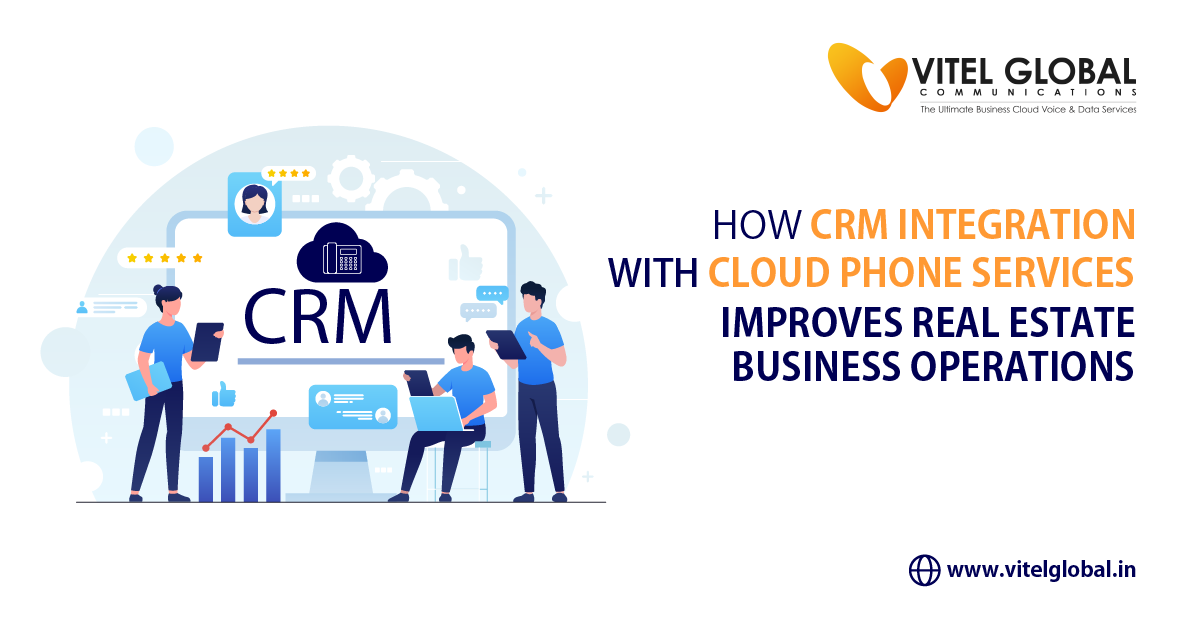Table of Contents
It is possible to stay in touch with your clients, partners, and suppliers only if you have a strong communication infrastructure in place. With that said, it strengthens internal business processes for your organization promoting effective teamwork and relationships with clients.
Although most businesses still use conventional on-premise systems, many firms are ready to advance now. This transformation is the result of the changes that occurred after the COVID-19 pandemic.
So, if you want to switch your business phone system, you need to be aware of the benefits and drawbacks of both on-premise and cloud-hosted systems.
Making an appropriate choice can reduce both the cost and the effort. Moreover, you can improve the flow of your business communications. Let’s talk about both and how hosted business phone systems outrun on-premise ones.
What is an On-Premise Business System?
As the name itself suggests, an on-premise phone system is physically installed in the place where your company is located. Both hardware and software elements could be present. For instance, an on-premise system includes the actual copper wires that connect employee desk phones to the office data center. Similarly to this, internet connections fall into the same category just like IP technology. The system’s location inside the company makes it unique.
However, these on-premise systems can be very expensive. These systems need dedicated staff, tools, and a specific area at your office. Additionally, you cannot avoid maintenance costs. Hence, businesses frequently require an internal IT team or an external third-party service provider to maintain system uptime and technical support.
What is a Cloud Business Phone System?
Cloud-based telephony systems host their data without employing physical infrastructure. Compared to the traditional configuration, the cloud offers a lot more freedom and flexibility. Internet-based phone solutions are less expensive because you only pay for the connections. Furthermore, the setup and its use are quick and simple.
However, the cloud is the most preferred option because of its ability to serve remote teams. And, this is the key distinction between cloud and on-premise phone solutions. If your employees have suitable software (the respective provider’s softphone app) on their smartphones, they can attend calls regardless of where they are. The best thing is that you can use your existing infrastructure to run the system without any specialized equipment.
How Does a Hosted Phone System Do Outrun an On-Premise System?
Knowing the differences between these two telephone systems will make it easier for you to understand. After this, you can make a correct choice of a cloud-based system over the conventional infrastructure. The benefits listed below make it your preferable choice:
Initial costs and service/maintenance are significantly lower with cloud telephony when compared to on-premises systems. As in the case of an on-site system, both substantial infrastructure investments and IT personnel are not necessary to keep it operational. The cloud service provider is fully responsible for everything the upgrades take place in the cloud.
Because these are managed by a qualified service provider, hosted phone systems are more reliable and consistent than their conventional ones. They take care of things like basic maintenance, security, and upkeep of your system.
It is flexible to support distributed and remote teams. A cloud telephony solution is quite adaptable. Employees can attend calls on their personal devices while at work.
Benefits of Cloud-Based Phone System:
Regional Flexibility:
Place calls using a Cloud-based phone system from any location in the world. You do not need to work from your desk phone. For this, simply set up the phone, and connect your laptop. Also, you can use your smartphone and a softphone app to make calls as long as you have a functioning internet connection. With a cloud-based system, you have the choice to work from home or even while on the go. With a working internet connection, you can call your employees or business partners from anywhere in the world.
Reliability:
Customers hardly ever experience service interruptions or downtime using cloud phones. Because the components of cloud phones system are not hosted in a single place. In fact, phone systems that use the cloud rely on regional redundancy. Different servers owned by a service provider (called Data Centers) will have copies of one another. Therefore, any of those servers can be used as a backup when the other has downtime.
Ease of Expansion:
A hosted phone system is easy to expand or add handsets. It is scalable just with a small increase in monthly costs. As new phone needs arise, the cloud-based system easily adapts to the new additional features.

Benefits of On-premise Phone Systems:
On-premise phone systems are commonly referred to as IP PBX. These are similar to classic PBX systems as they are located at a specific place. You can set them up in a room with computer equipment. An IP phone is used to transmit signaling, which is subsequently sent across a LAN to the IP PBX server.
Based on the company profile, there are instances that are on-premise cloud phones solution that suits certain companies. Let us discuss some of the remarkable benefits of an on-premise phone system.
Affordability in the Long Run:
Because there is a need for more gear to install an On-premise phone system, the price will be higher. However, with time, its operational costs gradually tend to decrease.
Dial-Tone Options:
In general, 2-3 standard phone lines exist in small businesses. These businesses can then use one or two of these lines for phone calls. The additional one is used for an internet-delivered SIP trunk. As a result, there is a possibility for little service disruption if the internet phone goes down. Instead, businesses can rely on traditional phone lines to make calls. Besides, a conventional phone system can also be altered to suit your requirements.
More Control:
Talking about control over your business phone system, you often have more control over it. Because you are in charge of both the phone lines and their extensions. This is the most important argument in favor of on-premise phone systems vs cloud-based phones.
Additionally, the majority of on-premise phone systems are made to interact with all the technology tools in your business. Therefore, integration with current CRM software is simple.
Conclusion:
If you are in a dilemma deciding whether to set up an on-premise or cloud-based phone system, remember that it depends on a number of variables. Your decision must pass through all the parameters including cost factors, benefits, and even drawbacks. In conclusion, understand that nothing is universally applicable. Ultimately, a company’s budget and its present and future needs will determine which option to select.
Simultaneously, cloud phones solution is more affordable, scalable, and reliable because of the reduced dependency on IT. Also, they are a pay-as-you-go business model, especially in complicated times when it is not possible to work from a workplace as today’s people are working remotely. Yet, we can say with some assurance that remote work will not be going away any time soon. Because organizations are increasing their ROI by investing in cloud contact centers.
Vitel Global India is a cloud-based phone solution that is best in class and includes fully secured, cross-channel communication. It enables your agents to seamlessly shift support interactions from one channel to the next. See how it works to learn how Vitel Global India can help you to choose the right communication. Why not request a free demo today?







